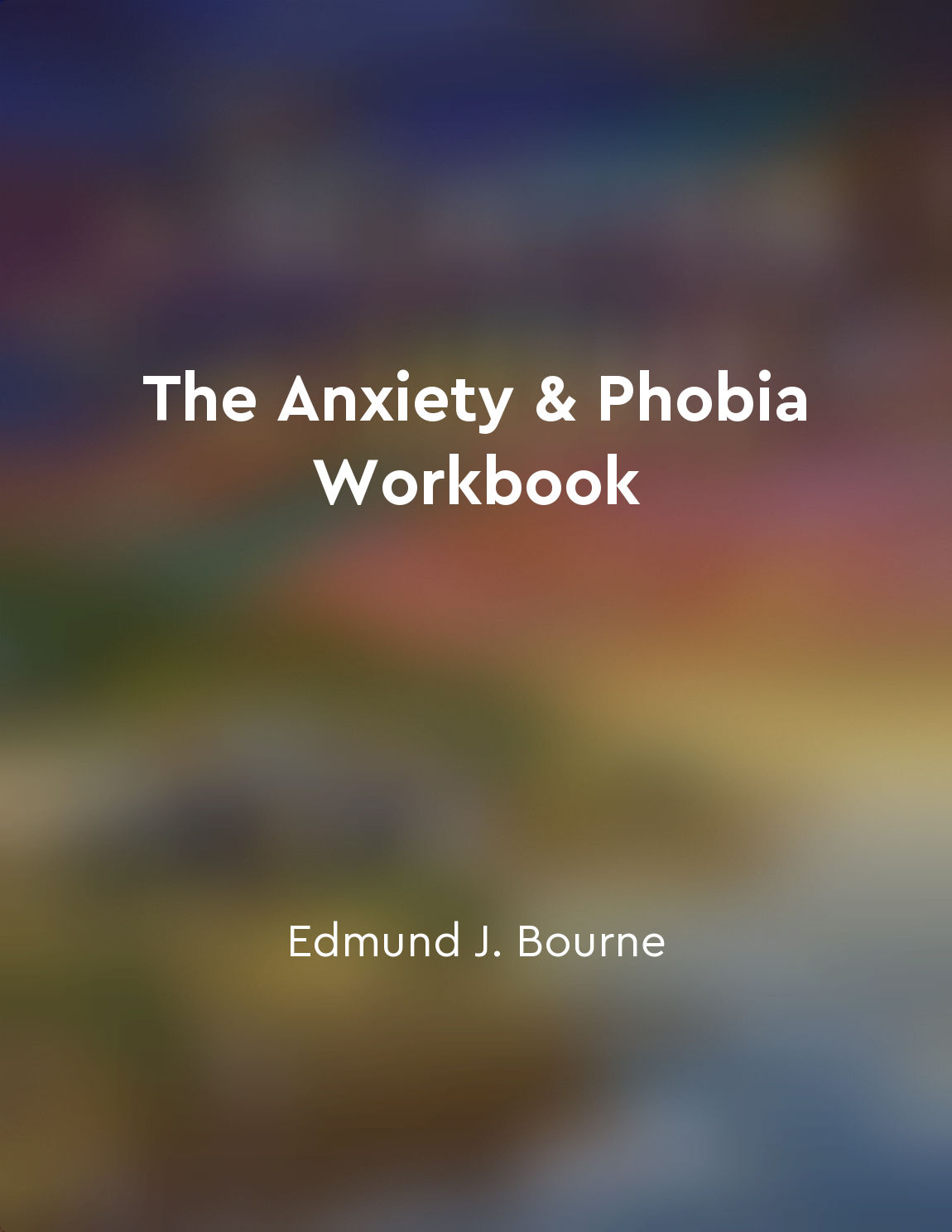Neurosis stems from unresolved conflicts from "summary" of A General Introduction to Psychoanalysis BY Sigmund Freud by Sigmund Freud
Neurosis, in the field of psychoanalysis, is understood as a manifestation of unresolved conflicts within the individual's psyche. These conflicts arise from the clash between the conscious and unconscious mind, leading to a state of inner turmoil and distress. Freud posits that these conflicts often stem from childhood experiences and repressed desires that have not been properly dealt with or integrated into the individual's psyche. According to Freud, neurotic symptoms are the result of these unresolved conflicts manifesting themselves in various forms, such as anxiety, depression, or obsessive-compulsive behaviors. The individual may experience symptoms that are seemingly unrelated to the underlying conflict, making it difficult to pinpoint the root cause of their distress. These symptoms serve as a defense mechanism, protecting the individual from facing the painful memories or desires that are buried deep within their unconscious mind. Freud believed that the key to resolving neurosis lies in uncovering and addressing these repressed conflicts through the process of psychoanalysis. By bringing these conflicts to the surface and exploring them in a safe and supportive environment, the individual can gain insight into their inner workings and begin to work through the unresolved issues that are causing their distress. Through this process, the individual can achieve a greater sense of self-awareness and emotional healing, ultimately leading to a resolution of their neurotic symptoms.- Freud's theory suggests that neurosis is a result of the mind's attempts to cope with unresolved conflicts by burying them in the unconscious. These conflicts continue to exert influence over the individual's thoughts, feelings, and behaviors, leading to a state of inner turmoil and distress. By bringing these conflicts to light and working through them in therapy, the individual can achieve a greater sense of emotional well-being and freedom from their neurotic symptoms.
Similar Posts
Embrace challenges as opportunities for growth
In the journey of life, challenges are inevitable. They come in various shapes and sizes, testing our limits and pushing us out...

Creating a relaxation routine can help manage anxiety longterm
The key to managing anxiety in the long term is to establish a consistent relaxation routine. By incorporating relaxation techn...
Wellbeing is a holistic balance of mind, body, and spirit
The cultivation of well-being involves a comprehensive approach that considers the interconnectedness of mind, body, and spirit...
Self love is a lifelong practice that requires continuous effort and commitment
Self love is not something that happens overnight, it is a process that requires dedication and perseverance. It is a lifelong ...

The importance of selfawareness and self-reflection in personal growth
Self-awareness is the ability to recognize our own thoughts and emotions, to understand how they influence our behavior, and to...
Practice positive affirmations to boost selfesteem
Positive affirmations are a powerful tool that can help boost your self-esteem and improve your overall mental well-being. By c...
Embracing boredom can lead to increased focus
In our modern world, we are constantly bombarded with notifications, messages, and distractions that pull us away from the task...
Communicate assertively
When you communicate assertively, you express yourself clearly and directly while respecting the boundaries of others. It invol...

Practice selfcompassion
To cultivate self-compassion is to bring warmth, understanding, and kindness to ourselves, especially in moments of struggle or...
Cultivate selfcompassion and kindness
It is important to cultivate self-compassion and kindness towards ourselves. When we practice self-compassion, we are able to t...

